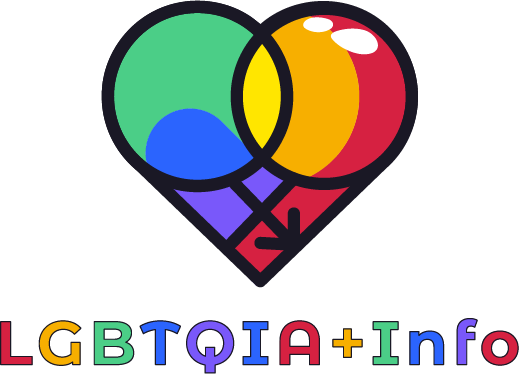Those whose internalized gender does not correspond to their biological gender are said to be transgender. Although transgenderism as a concept has gotten greater attention and acceptance in recent years, there is still a lot of confusion regarding what it really entails. This page will define “transgender,” discuss what it means to identify as transgender and address some of the most often-asked concerns regarding this topic.
Understanding the Term Transgender
Those whose internal gender does not match their external gender at birth are collectively referred to as transgender. Those who don’t fit neatly into the binary of male and female are included here as well as those who don’t identify with either sex. Medical transition, social transition, or both may be pursued by trans people who want to bring their outward appearance and social status into line with their internalized gender identity.
What is Transgender Identity?
A person’s transgender identity is an internal representation of their gender transition. Some people use it as a self-designated moniker for their gender presentation. To others, it may be intrinsic to who they are as a person. Those who do not primarily identify as either gender or female may also call themselves “non-binary.”

The Experience of Being Transgender
Being transgender may have widely varying experiences for different people. Adopting one’s own gender identity and connecting with a welcoming group of people may be a cathartic experience for individuals. For others, navigating the biases and standards of society is a difficult ordeal. Discrimination, harassment, and even physical assault may be experienced by transgender people in the LGBTQ+ community and beyond.
Common Myths and Misconceptions
Some widespread false beliefs about transgender people exist, some of which are harmful and lead to discrimination. Some people believe transgender identity is a mental condition or something that may be chosen. This undermines transgender people and their identities and may leave them feeling alone and unsupported. Another misconception is that transgender people pose a danger to others, especially in semi-public settings like public restrooms. The detrimental sentiments against transgender people might be fueled by this false perception.

Transgender Identity and Mental Health
Mental health is another area that may be affected by a person’s transgender identity. Transgender people may have an increased risk of developing depression, anxiety, and other mental health issues as a result of the prejudice and discrimination they face in society. Therapy and community support groups are two examples of affirming and supporting options that people should have easy access to.
Conclusion
The LGBTQ+ community includes transgender people as legitimate and significant members. It is a phrase used to describe people whose gender identification varies from their given sex at birth and may be an important component of an individual’s entire identity. It’s critical to dispel misunderstandings and stereotypes regarding transgender identity and to show support for those who identify as transgender. We can make society more inclusive and affirming for everyone by trying to increase understanding and acceptance.

